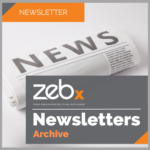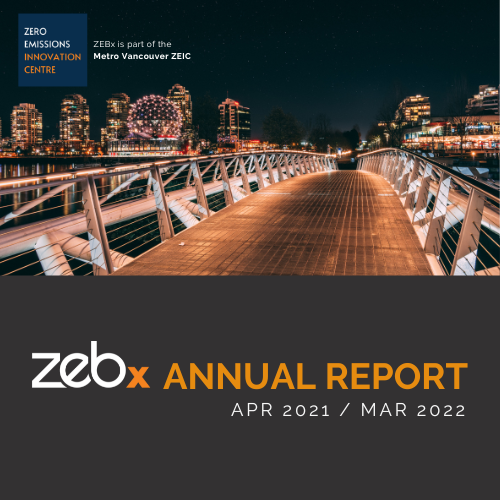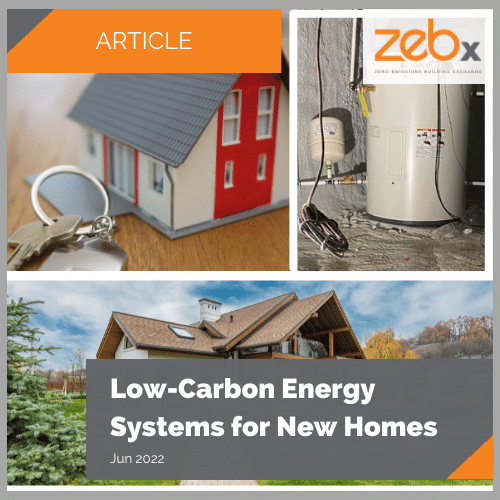
ZEBx Newsletter: Archive to Dec 2023
December 8, 2023
Video: NearZero – Reaching the Top Step
January 8, 2024
Report: Comparing Building Decarbonization in BC and Denmark
Jan 2024
The building sector in both Denmark and British Columbia (BC) account for a large proportion of greenhouse gas (GHG) emissions. In Denmark, the building sector accounts for 30% of the total emissions, while in BC, they account for 13%, a difference stems from the fact that Denmark no longer has a large industrial sector. Denmark’s buildings represent a larger proportion of its total national emissions mostly due to its modest industrial sector.
The attached report, prepared by the Danish Energy Agency (DEA), compares the actions taken in the country of Denmark and the Province of BC in Canada to reduce GHG emissions in the building sector. Both jurisdictions have set ambitious interim GHG reduction targets on the path to climate neutrality:
• Denmark: reduce national emissions by 70% by 2030 compared to 1990, and
• British Columbia: reduce provincial emissions by 40% by 2030 compared to 2007, with an additional sector target of reducing emissions in buildings and communities by 59-64%.
Denmark and BC have implemented strict requirements in building codes and other related regulations ensuring that new buildings are healthy, comfortable, and energy efficient. These actions, in conjunction with various others, have made Denmark and BC global leaders in building policy. This report concludes that both jurisdictions would benefit from analyzing actions taken by the other to further accelerate the reduction of operational and embodied carbon in the built environment.
The analysis has identified some of the measures used in both Denmark and BC to reduce the energy consumption, operational emissions and embodied carbon in buildings:
• Strict building codes for new and existing buildings
• Funding schemes and loaning mechanisms for energy efficient renovation of existing buildings
• Energy labelling systems/home rating systems
• Support for installing heat pumps in homes
• Focus on district energy as a fossil free and efficient heating method
• Training of installers
• Support for energy efficient research
The research involved in developing this report was completed in May 2023. Since that time, the Province of BC has increased its energy-efficiency requirements. As of May 1, 2023, the BC Building Code requires most new buildings to have at least 20%-better energy efficiency than the 2017 building code reference-building. This is equivalent to Step 3 for Part 9 buildings and Step 2 for Part 3 buildings. A new Zero Carbon Step Code provides tools to local governments to incentivize or require low-carbon energy systems in new construction. This is a significant milestone in B.C.’s transition towards energy efficient and zero carbon new buildings. Updates to BC’s new building code requirements can be found here.
Read the comparative analysis report to dive into the details and discover opportunities for collaboration and inspiration from both jurisdictions.




